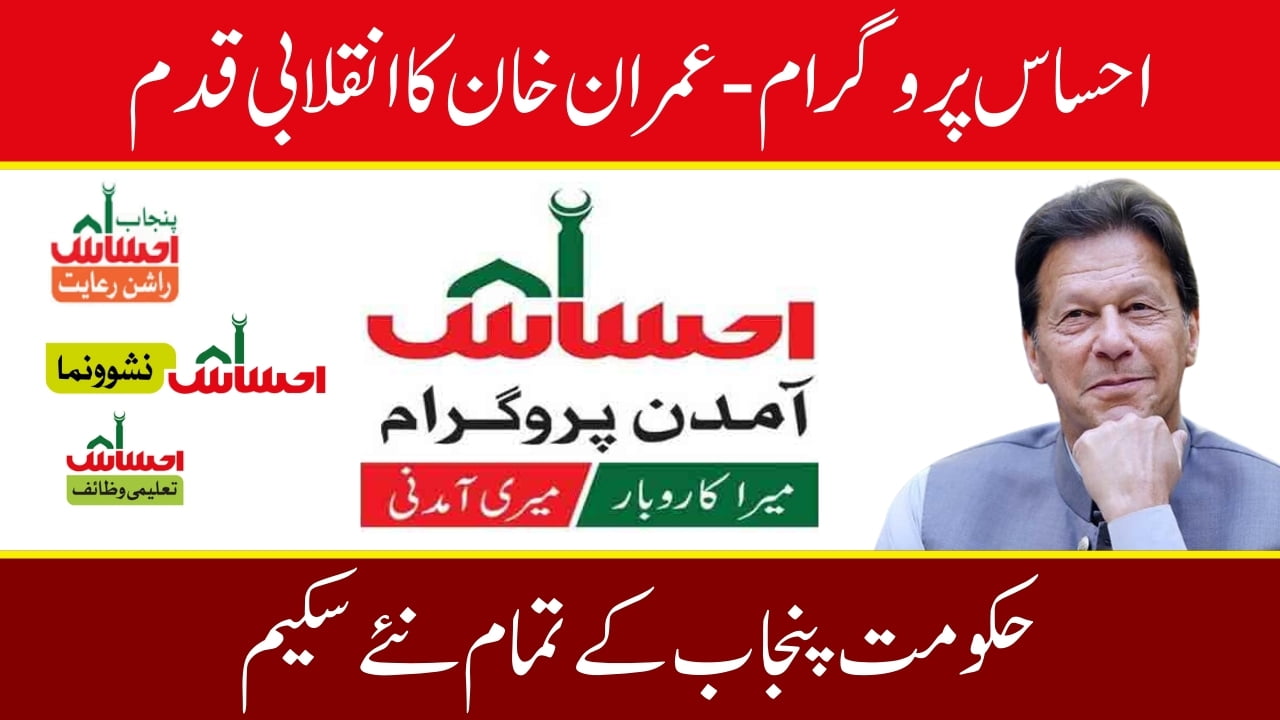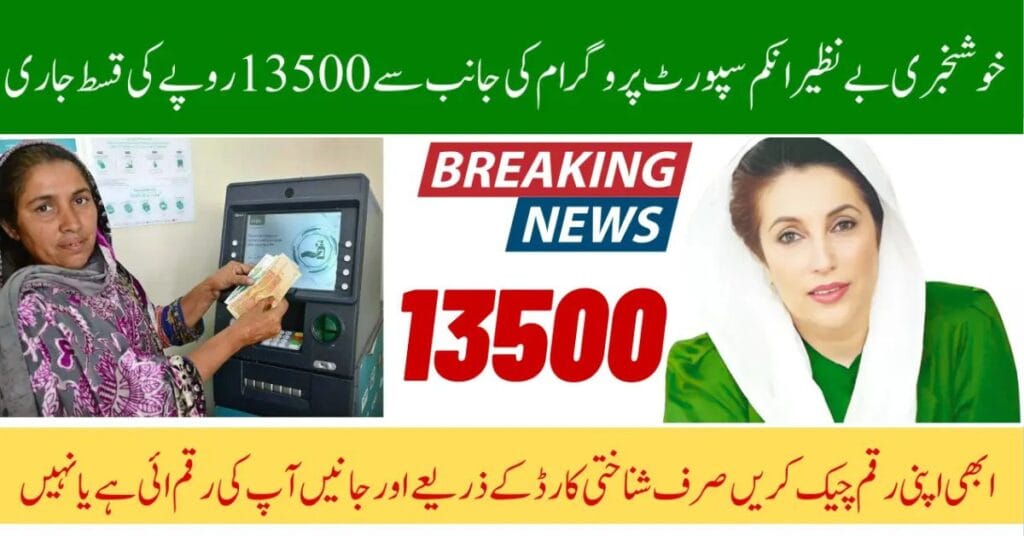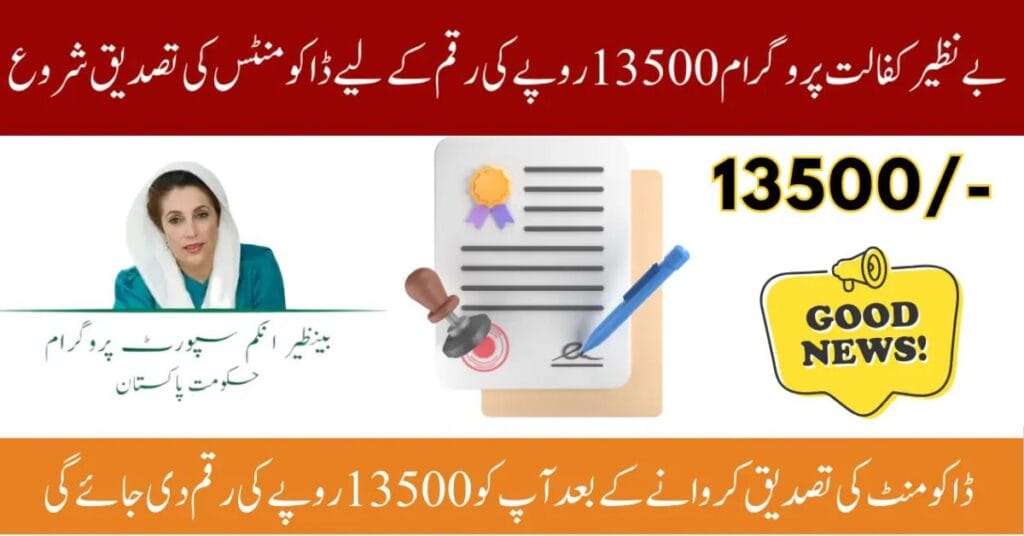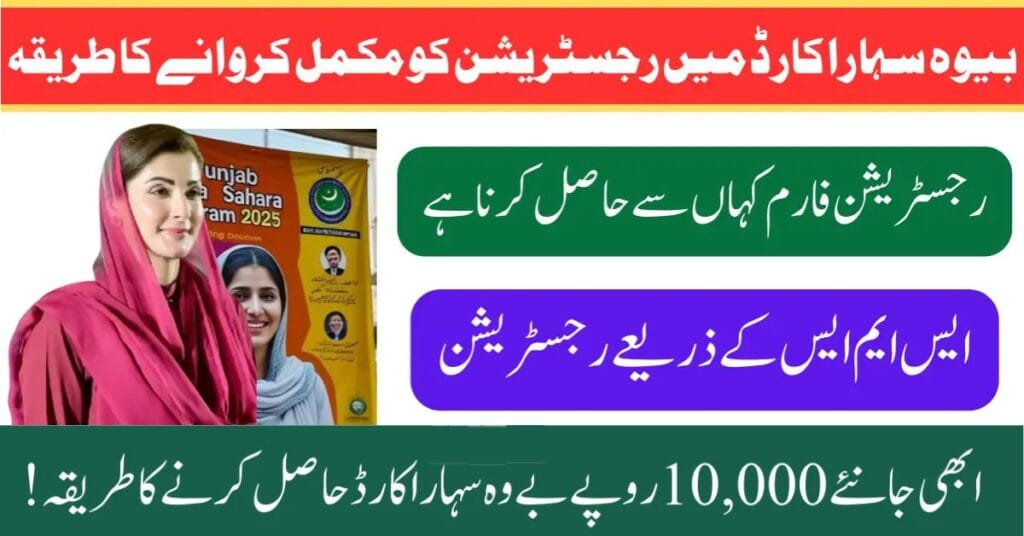The Ehsaas Programme (Urdu: اسکرای یونٹ کا انگلش نام ‘‘احساس پروگرام’’, ‘‘Compassionate Program’’ was a social security. The poverty reduction project by the Government of Pakistan in 2019. Former Prime Minister Imran Khan further admired. The move as a starting point towards the realization of the party’s manifesto’s agenda to achieve the formation of a welfare state. The programme was intended to empower the bottom of the economy, fight poverty, develop the populace. Empower struggling districts in the country. Let’s discuss the Ehsaas Programme: Pakistan’s Initiative Towards a Welfare State.
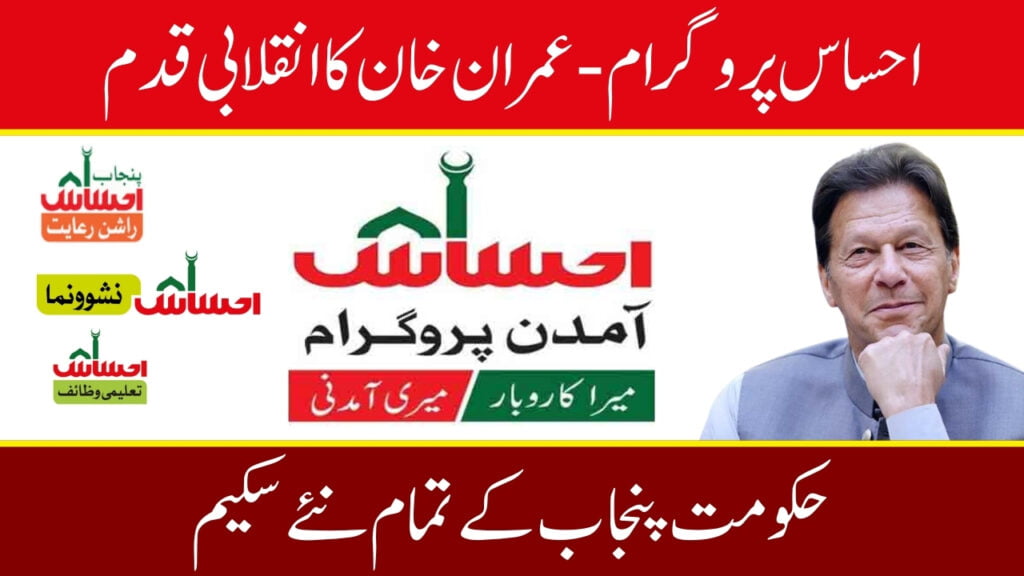
New ministry was established just for the programme and that was, the Poverty Alleviation and Social Safety Division. Headed with the Special Assistant to the Prime Minister who was also the chairman of the BISP. By 2021, the Ehsaas Programme had two major components: Ehsaas Emergency Cash started in COVID-19 and Ehsaas Kafalat. The latter increased its reach from 7 million to 10 million people in 2021.
The Emergency Cash via the Ehsaas programme was another welfare policy of Prime Minister Imran Khan during the COVID-19 period to offer cash assistance; however, it received the World Bank’s high coverage rates. It allocated monthly allowances to 13. Many families in Pakistan belonging to the lower-income bracket – 2 million – were affected during the pandemic.
Background
Khan’s party, Pakistan Tehreek-e-Insaf, came into power in Pakistan through the 2018. General elections on surveying different social safety programmes with development of the Benazir Income Support Programme. Through its digitalization and precise targeting among them.
Objective
Thus, the Ehsaas Programme set a purpose to bring Pakistan towards welfare state and constitutional provisions. It aimed at producing specific and targeted social protection floors, inclusive financial access, women’s economic enablement. Human capital development, and delivery of health and education that females can financially afford due to funds available to them. Article 38(D) of the constitution provides for the directive principle of state policy that instructs the State to regard and promote the community’s social and economic welfare, which includes the basic necessities of life including food, clothing, shelter, education and medical necessities as the fundamental rights.
Eligibility
The programme directed itself to the destitute, the orphans, the widows, the homeless, the physically challenged, the sick whose illness has almost depleted their property, the unemployed, the poor farmers and laborers, the sick or malnourished, the school dropouts particularly from poor background, poor women and the poor elderly. It also wanted to help uplift the standard in regions with higher poverty levels. Ehsaas Programme: Pakistan’s Initiative Towards a Welfare State.
Programme Structure
The Ehsaas Programme launched on 27th March 2019, was encompassing many social safeguard practicalities such as Ehsaas Emergency Cash, Ehsaas Panaah Gah, Ehsaas Taleemi Wazif, Ehsaas Petrol Card, Ehsaas Ration Riyaat and Ehsaas Scholarships. Its poverty reduction strategy consisted of four baskets and 134 policy measures, major activities including Ehsaas Kafaalat, Ehsaas Aamdan, Ehsaas Emergency Cash in the time of covid-19, Ehsaas Scholarships, Ehsaas Cash for Women, and Ehsaas Free Atta. The Benazir Income Support Programme was thus included in the ministry of Poverty Alleviation and Social Safety Division.
Reception
The Ehsaas Programme has also been appreciated at the national and international level on the grounds of poverty reduction. The World Bank urged for a second funding for the programme, which it acknowledged as an international example. Thus, it confirms that the Ehsaas Emergency Cash Programme positively targeted the poor and daily wage earners through the cash disbursed during COVID-19 lockdowns. Different reports have attributed the outcome of the programme to Sania Nishtar.
